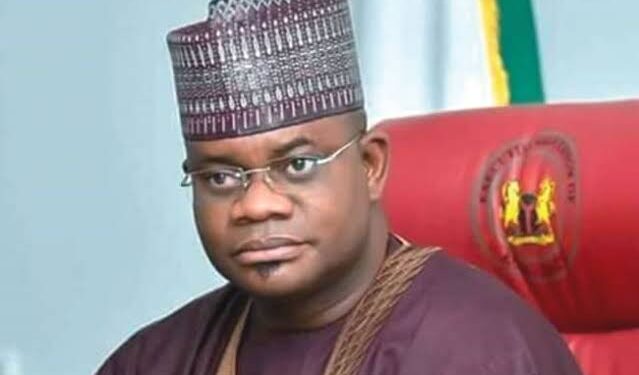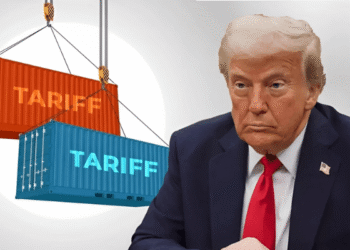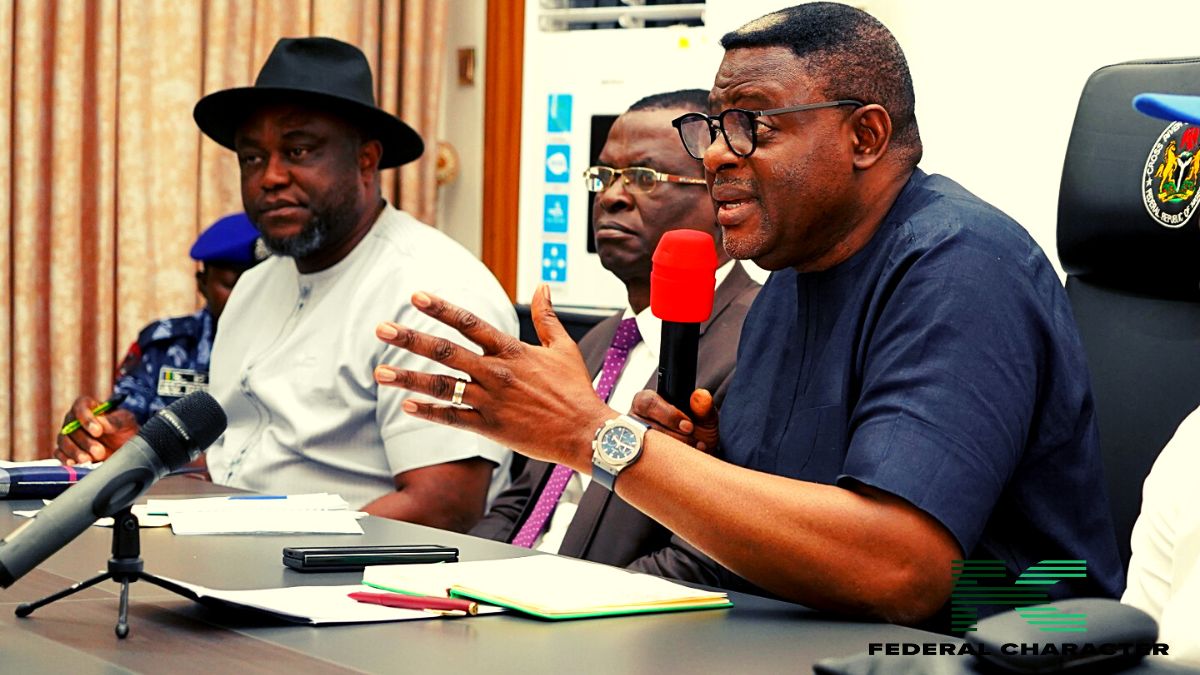The courtroom fell silent as fresh details emerged in what many now call the ₦450 Million Mystery, during Thursday’s hearing, a compliance officer from Polaris Bank, Victoria Oluwafemi, revealed that the account under scrutiny received ₦450 million in November 2021, with transfers coming in multiple ₦10 million chunks. The testimony has added another twist to the ongoing Yahaya Bello case, which continues to expose financial accountability and banking oversight in Nigeria.
A Tangle of Transactions
Oluwafemi’s calm delivery didn’t hide the weight of her words. She explained that the money came from various sources, though she wasn’t the account manager directly handling the transactions. That detail alone sparked interest in the court. How does ₦450 million move through an account without clear oversight from the responsible officer? The ₦450 Million Mystery only deepened, as her answers hinted at a gap between compliance documentation and actual transaction monitoring.

Legal Back-and-Forth
The defence counsel pressed harder. Joseph Daudu, SAN, representing the first defendant, questioned her role and understanding of the account’s inner workings. She admitted she was not the relationship manager and had no firsthand knowledge of how the money was transferred or withdrawn. The defence seized on that suggesting her testimony might be limited to paper evidence, not actual involvement. Still, the prosecution remained firm, determined to establish a financial trail. The court admitted a 218-page statement of account as evidence, despite objections from the defence.
The EFCC’s Puzzle
Prosecuting counsel, Kemi Pinheiro, SAN, urged the court to look beyond technical objections and focus on the substance, the flow of funds, the ₦10 million withdrawals, and the overall ₦707 million total by early 2018. The numbers are staggering, but what’s missing is context. Were these legitimate transfers or signs of deeper irregularities? The ₦450 Million Mystery continues to test the boundaries of Nigeria’s financial regulation system.
The Bottom Line
Beyond the figures, this case says a lot about how public money moves in Nigeria. When a compliance officer admits to not knowing the origin or purpose of such large sums, it paints a picture of weak financial control. The Yahaya Bello case has now become a mirror of that dysfunction, a clash between documentation and accountability. In the end, the judge adjourned proceedings till November 12 and 13.

















